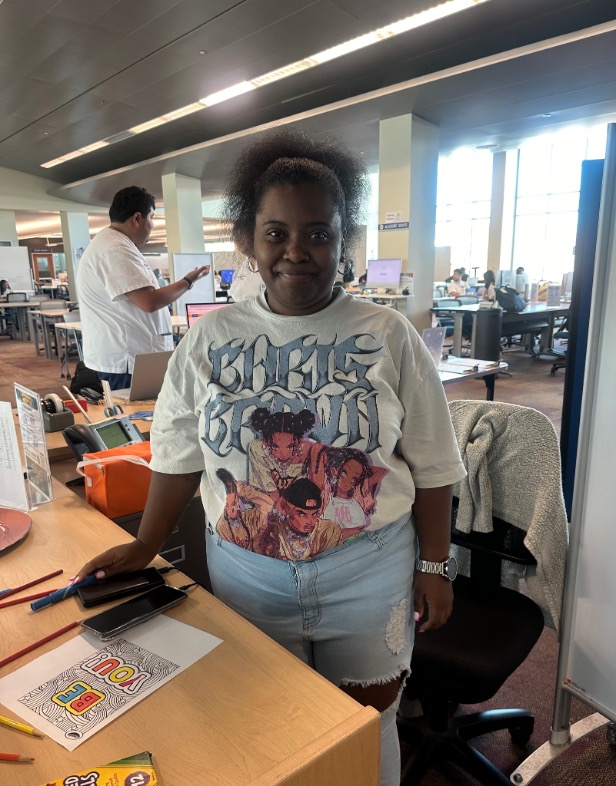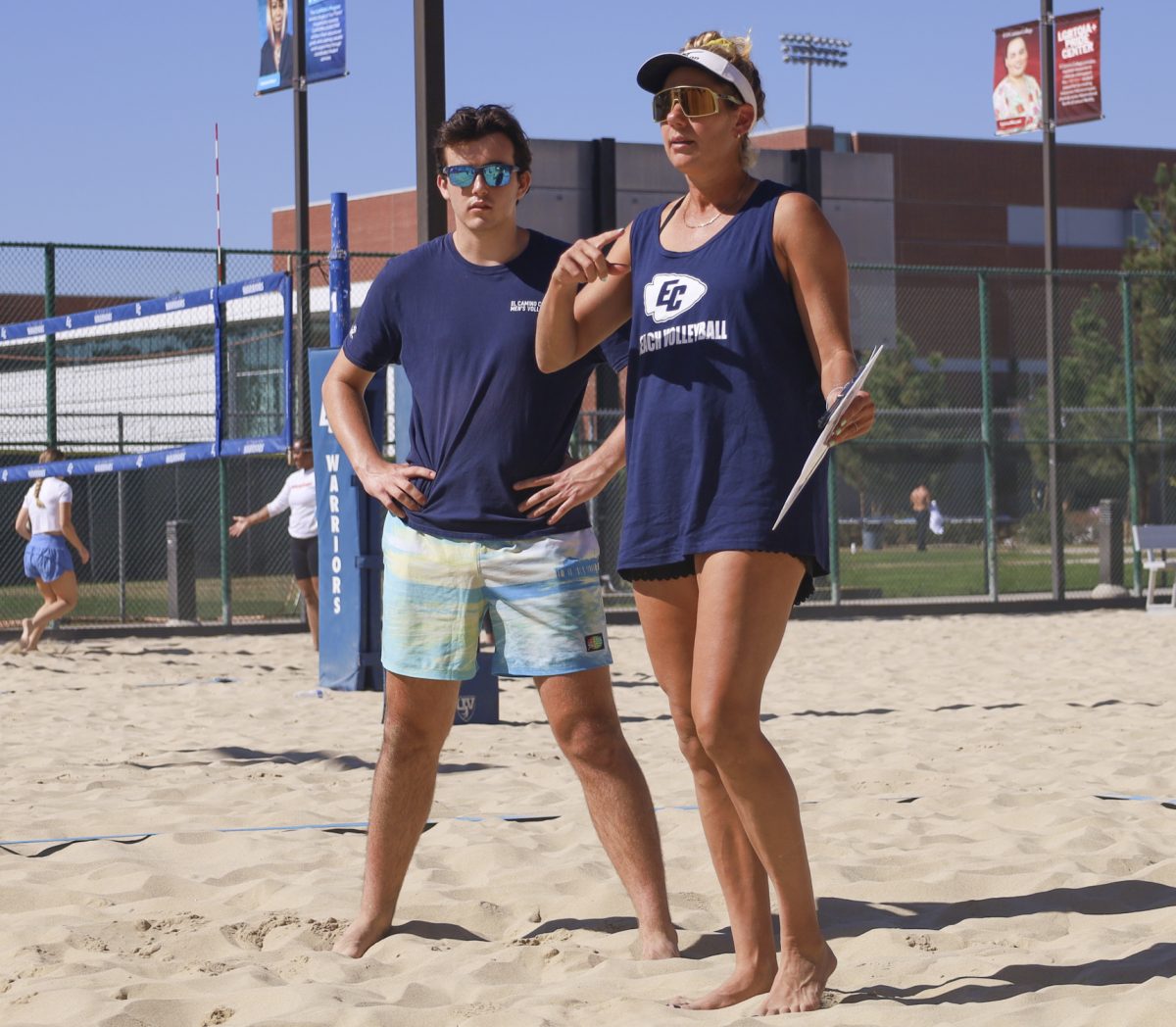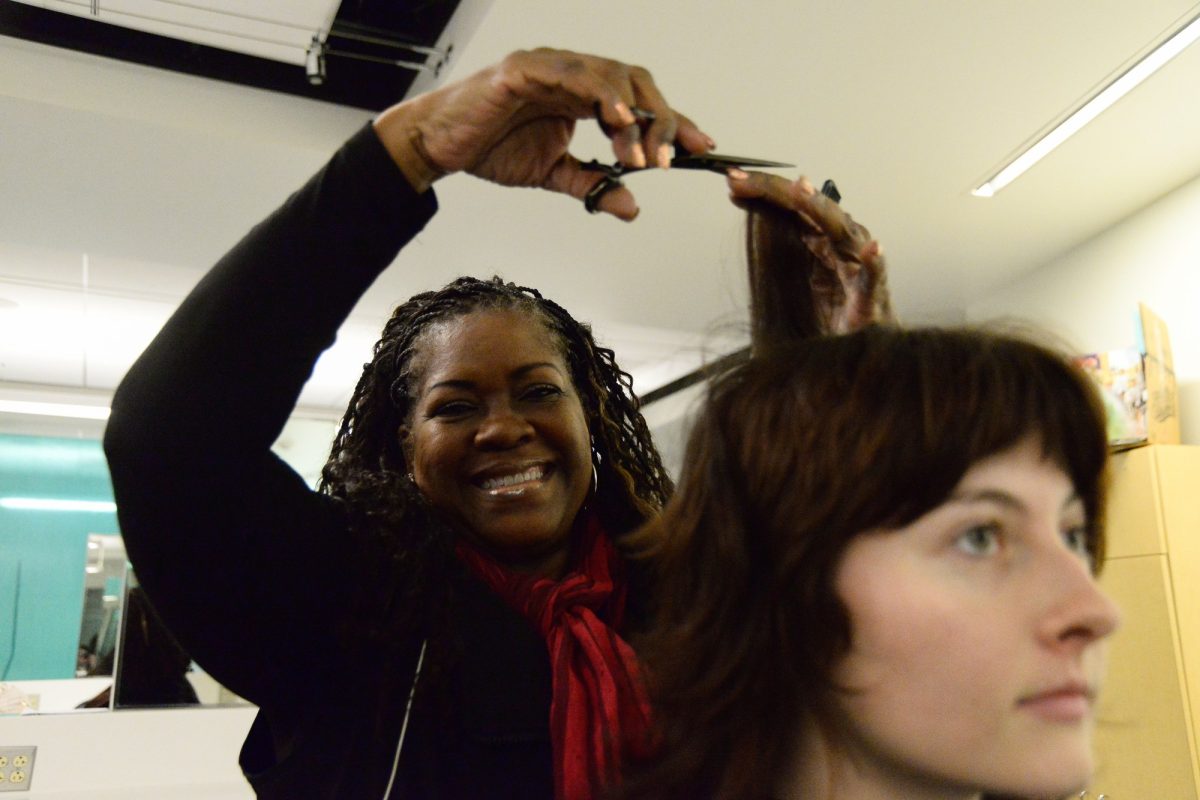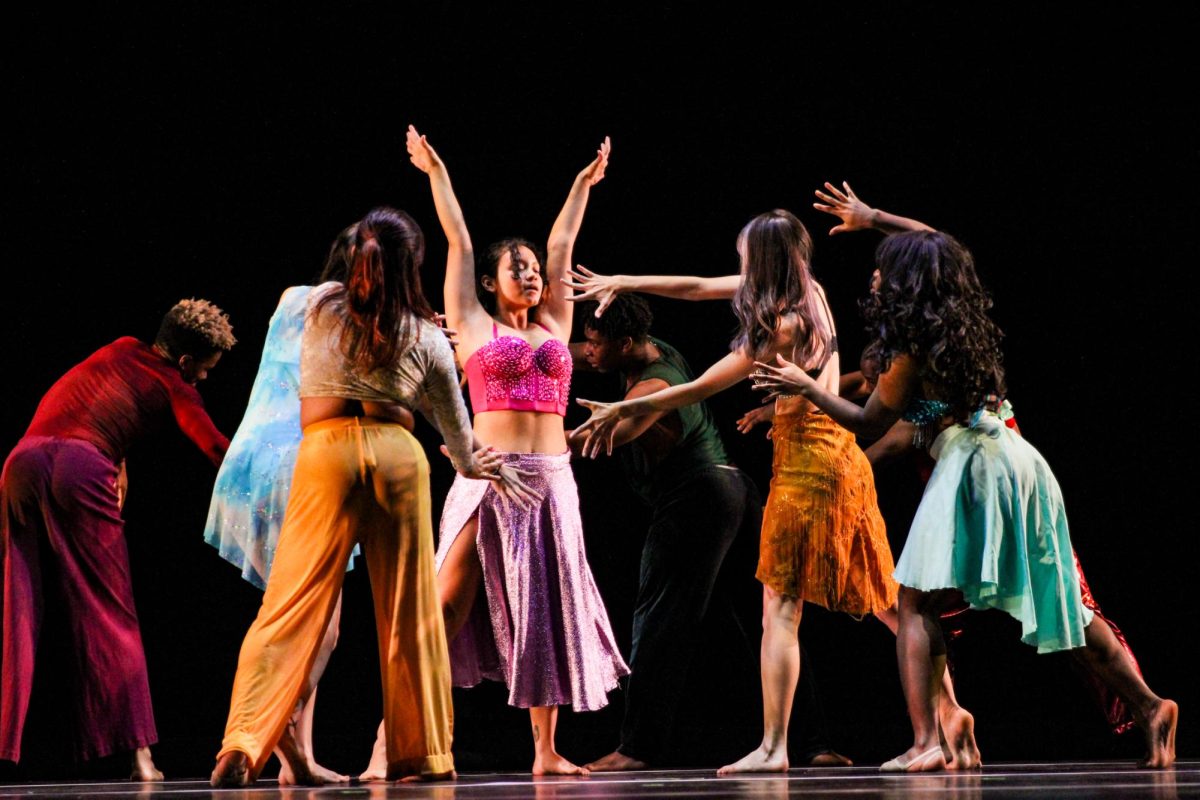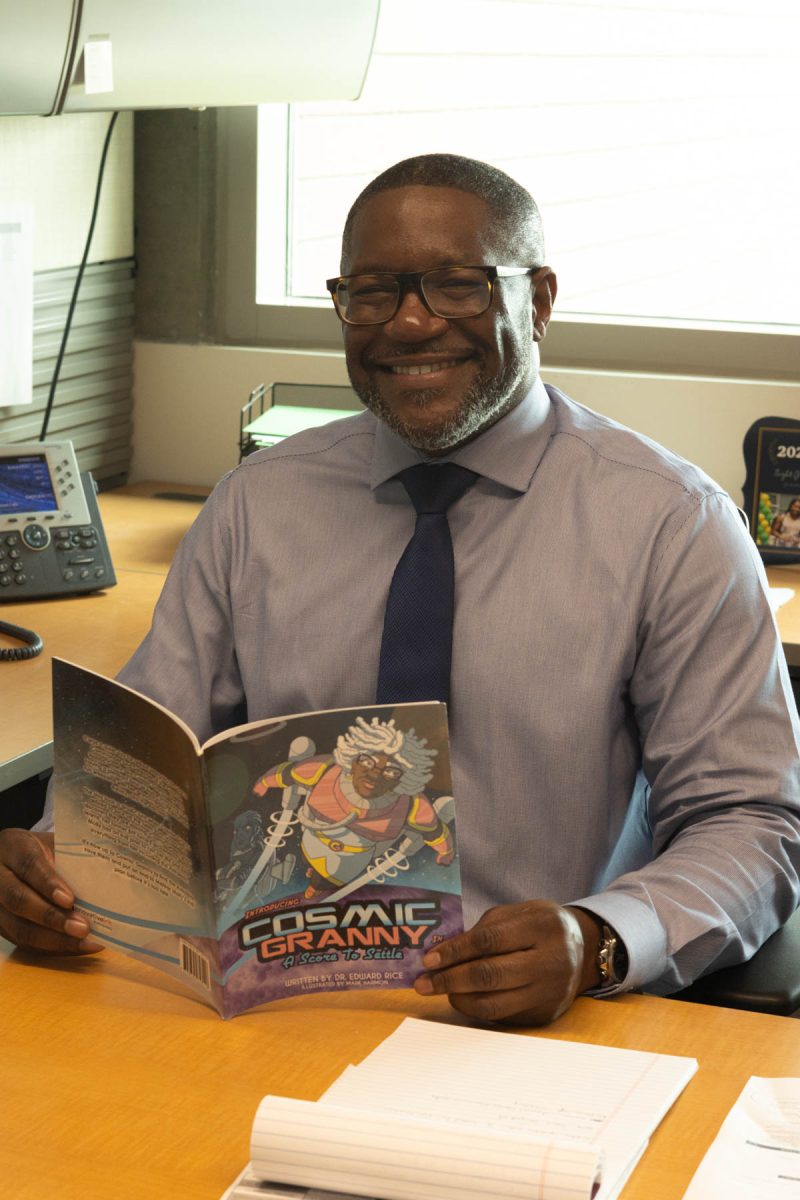Cosmetic surgery seems to be implanting itself quite firmly into the American culture. According to the American Society of Plastic Surgeons, in 1992, fewer than 33,000 women had breast-augmentation and in 2005 more than 291,000 women chose to have breast implants. This can involve either fat grafting, saline or silicone gel prosthetics.
Naturally, students at EC are also part of the percentage of people considering plastic surgery. The reasons for choosing to undergo the scalpel treatment vary from personal benefit to need.
Juliana Silva, 24, massage therapist and nursing student, had breast implants done two years ago.
“I was a small B and I had always wear a push-up bra, but they are so expensive and it was driving me crazy,” Silva said.
Silva had a friend who got breast implants, and she was very impressed by her operation, so she decided to have the procedure.
“I went to a doctor who went through the armpit and it wasn’t painful at all,” Silva said. “It took about three weeks for me to get back to work because I use my arms and my pectoral muscles a lot when I massage.”
Silva never had any doubts about the surgery until a few days before the procedure because she was aware of the dangers and was afraid that it would not turn out correctly.
“I think my doctor did a great job,” Silva said. I am really glad I did it; I feel a lot better about myself and I love not having to wear a bra.”
Silva said that there are no drawbacks so far to having breast implants, but had she had naturally large breasts she never would have paid for the procedure.
“I definitely think people should do their research and they should wait to make sure that it is what they want,” Silva said. “There are boundaries. I have a friend who is 23 and she is full of botox. I don’t know if she feels bad about who she is or what, but she is a naturally pretty woman.”
Breast-feeding is still possible for Silva, if she decides to have children, because her implant is located behind the muscle and doesn’t interfere with the mammary glands.
Cosmetic surgery is a choice and some students do not feel the need to go under the knife.
“There are too many things that could go wrong and people get infections and you are left worse off than you were before you started the procedure,” Jasmine Walker, 18, cosmetology major, said.
With the many risks that come with cosmetic surgery, it is natural to feel like it is dangerous to undergo the procedure.
“It is too dangerous and it’s stupid, like we all have to change ourselves to look prettier? No. Leave it to the movie stars. Even if someone paid for me to get it I wouldn’t do it,” April Shannon, 19, cosmetology major, said.
Sonia Vazquez, 29, cosmetology major recently, had an operation on her nose.
“I have always felt that my nose doesn’t fit my face and it bothered me. I feel that I am pretty, but I don’t feel like I am a ‘Wow,'” Vazquez said. “I am all for getting cosmetic surgery if it’s something that’s going to make you feel better as long as you are doing it for yourself. Nowadays, technology is much better and the mistakes are fewer.”
The industry of cosmetic surgery is all about choice, and the option to go under the knife is up to the person.
Vazquez said she gets a lot of clientele because of the way she looks now.
Because the industry deals with beauty, exterior beauty and looks are emphasized to the point that surgery is sometimes required.
“There is risk in everything. Make sure that you are doing it for you and not for anyone else. Don’t go for price, find a really good surgeon and do your research,” Vazquez said.



